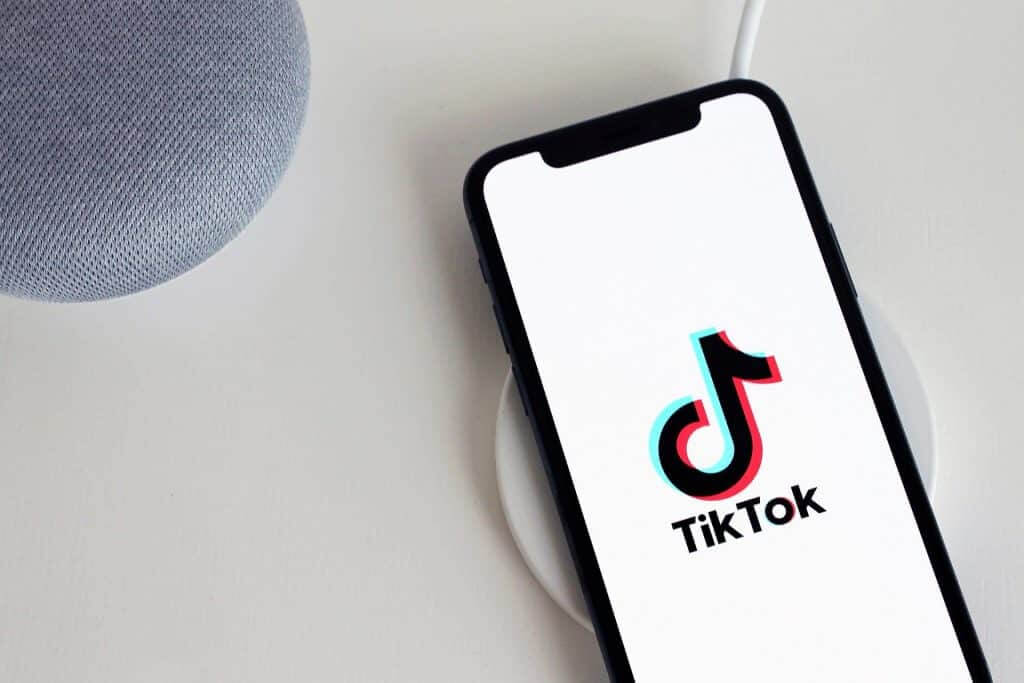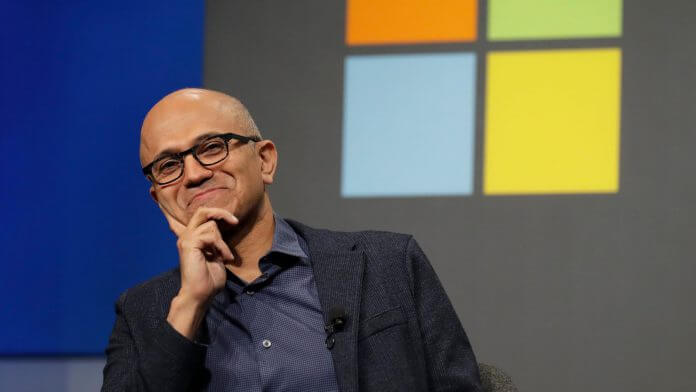The Brand Finance Brand Guardianship Index has ranked Microsoft boss, Satya Nadella, as the top CEO in the world.
Nadella, a first-generation Indian immigrant to the US, “has been credited with overhauling Microsoft’s fortunes by changing its culture towards one of teamwork, innovation, and inclusivity, and instilling a growth mindset throughout the business”.
Three other Indian-origin expat CEOs rank high: Sundar Pichai of Google is at #5, Shantanu Narayan of Adobe at #6, and Puneet Renjen of Deloitte at #14.
N. Chandrasekhar of the Tatas is at #25 in the list and Anand Mahindra of M&M and Mukesh Ambani of Reliance are at #41 and #42, respectively. State Bank of India’s Dinesh Kumar Khara is at #46.
The index has been created by London-based brand valuation consultancy Brand Finance that ranks the world’s top 250 CEOs.
This year, the top 10 rankings are dominated by CEOs (referred to repeatedly as brand guardians) from the tech and media sectors.
Tech boasts six of the top ten – Tim Cook is in second place, having overseen Apple become the first to hit a $3 trillion market valuation.
Cook is followed by CEOs of household tech names: Tencent’s Huateng Ma at #4, Pichai at #5, and Netflix’s Reed Hastings at #7.
AMD CEO Lisa Su is a new entrant at #10. This makes her the highest-ranked female. She newly qualifies for the ranking as AMD has propelled into the Brand Finance Global 500 2022 after a 122 per cent brand value growth over the past year.
Su steered AMD through a global chip shortage during the pandemic and came out the other side boasting record revenues.
The rise in the number of tech brands has come hand in hand with a decrease in the number of female CEOs in the top 100 – from eight in 2021 to five this year.
At a country level, the index mirrors the Brand Finance Global 500 2022 ranking, with the US and China leading the way. There are 101 CEOs from the US, which represents 40 per cent of the index, and 47 from China, which represents 19 per cent.
The highest-ranked CEO outside of the US and China monopoly is ADNOC brand guardian Sultan Al Jaber at #15. He is also the top-scoring leader in the oil and gas sector. Aside from ADNOC, Sultan holds senior positions in the UAE government, and in promoting the diversification and growth of the UAE economy.
Apple has retained the title of the world’s most valuable brand following a 35 per cent increase to $355.1 billion – the highest brand value ever recorded in the Brand Finance Global 500 ranking.
Apple used 2022 to be effective to a much broader range of services.
The iPhone still accounts for around half of the brand’s sales. However, this year saw Apple give more attention to its other suite of products with a new generation of iPads, an overhaul to the iMac, and introduction of AirTags. Its range of services, from Apple Pay to Apple TV, has had increasing importance to the brand’s success, the report noted.
READ ALSO: Padma Bhushan for Nadella, Pichai in recognition of India’s tech talent

Tripling in brand value over the past year, TikTok is the world’s fastest-growing brand. With 215 per cent growth, the app’s brand value has increased from $18.7 billion in 2021 to $59.0 billion. Claiming 18th spot among the world’s top 500 most valuable brands, TikTok is the highest new entrant to the Brand Finance Global 500 2022 ranking.
Overall, media brands accounted for the top 3 fastest-growing brands in the ranking – with another social media app, Snapchat, brand value up 184 per cent to $6.6 billion and South Korean internet brand Kakao, brand value up 161% to $4.7 billion, following closely behind TikTok.
Other notable performers from the media sector include those that offer streaming services, with Disney (brand value up 11 per cent to $57.0 billion), Netflix (brand value up 18 per cent $29.4 billion), YouTube (brand value up 38 per cent to $23.9 billion), and Spotify (brand value up 13 per cent to $6.3 billion).
Traditional media brands have seen a continued decline, with people favouring social media platforms and on-demand streaming in their place.
IANS
READ ALSO: Here’s how Musk hired an Indian as Tesla’s autopilot head





